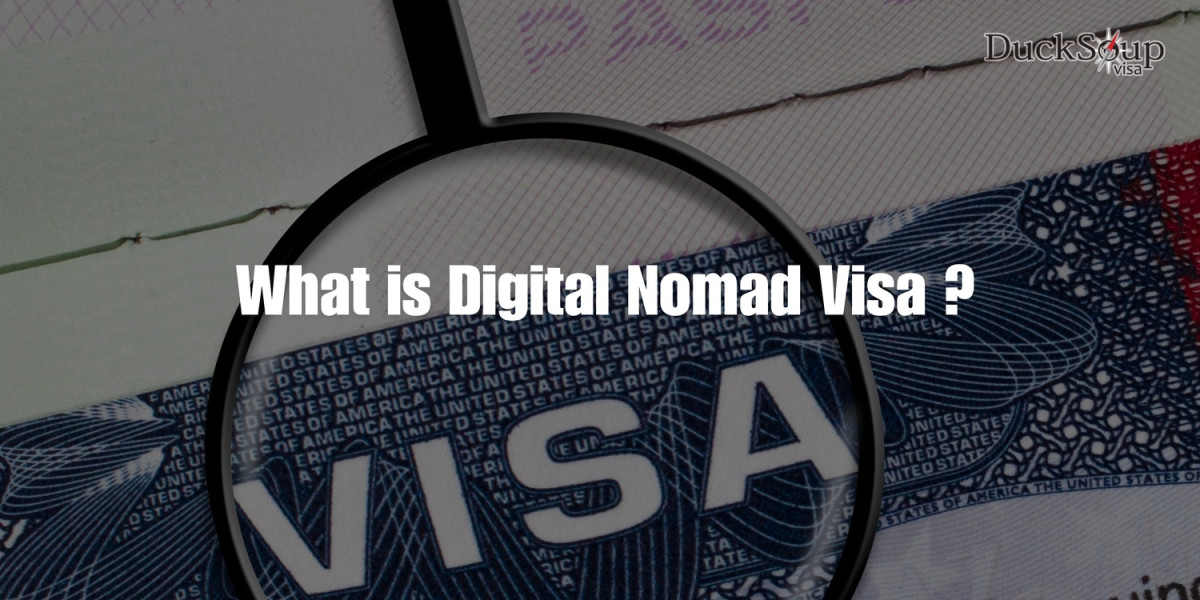Future of Remote Work: Rise of the Digital Nomad Visa
Work-life has been going through a significant transformation, and one trend that's on the rise is the concept of digital nomads. These folks prefer to carry their work on their backs, traveling the world, while maintaining their professional commitments. As this lifestyle gains momentum, countries around the globe are offering a novel provision - the Digital Nomad Visa. In this blog, we will explore Digital Nomad Visa and its impact on future work dynamics.
What is Digital Nomad Visa?
A Digital Nomad Visa is a new residence permit allowing holders to live and work in the issuing country without needing a local employer or a business. This unique visa is a boon for professionals desiring to explore new cultures and experiences while continuing their work with their home-based employer or their own freelance services. Most of these visas are valid for a year, and there are possibilities for extensions. To qualify, you usually need proof of stable income, work contracts or freelance agreements, and sometimes specific health insurance.
Impact of the Digital Nomad Visa
The introduction of the Digital Nomad Visa is a wave of change for individuals, businesses, and nations:
1. Individuals now have the opportunity to settle for a healthier work-life balance and explore personal growth avenues. It also addresses legal uncertainties associated with working on a tourist visa in a foreign land.
2. Companies can tap into a global talent pool by ensuring employee satisfaction, and potentially boosting productivity levels.
3. Countries can attract foreign currency without compromising local employment while promoting a rich cultural blend. Nations like Estonia, Barbados, and Georgia are already experiencing these advantages.
Advantages of Digital Nomad Visa
Digital Nomad Visas offer several advantages for remote workers, freelancers, and businesses alike. Here are five advantages of such visas:
1. Legal Clarity: Provides a clear legal framework for remote work in a foreign country, removing worries about visa overstays or illegal work.
2. Cultural Immersion: Permits longer stays than tourist visas, fostering deeper cultural experiences and community ties.
3. Boosts Local Economy: Digital nomads contribute to local businesses, spending on accommodation, dining, and other services.
4. Networking: Attracts a global community, allowing for skill-sharing, collaborations, and professional connections.
5. Work-Life Balance: Offers the chance to work from scenic locations, enhancing job satisfaction and blending work with travel.
Challenges of the Digital Nomad Visa
Let's consider the challenges which you need to take care of in the Digital Nomad Visa
1. There are high prices to take into account visa application fees and expenses related to relocation and living in a new country.
2.The tax implications can be complicated, as you might need to file taxes in both your home country and the host country.
3.Social isolation can become a concern, as it may be challenging to form a supportive network in a new place.
The Future of the Digital Nomad Visa
As remote work continues to trend, we can expect more nations to introduce their variants of the Digital Nomad Visa. As they gather experiences with these visas, their policies will likely evolve to accommodate a wider range of professionals.
As more people adopt this lifestyle, traditional perceptions surrounding work may shift. The conventional 9-to-5 office job may soon give way to a flexible, location-independent work model. By 2030, more people will become digital nomads so the need for digital nomad visas will continue to grow.
Conclusion
The Digital Nomad Visa is more than just a permit—it's an indication of the evolving work lifestyle. As countries adapt to these shifts, both individuals and businesses must navigate this new territory, aware of the opportunities and challenges it brings. Undoubtedly, the digital nomad life which is facilitated by these new visas, is set to leave an indelible mark on the future of work.

